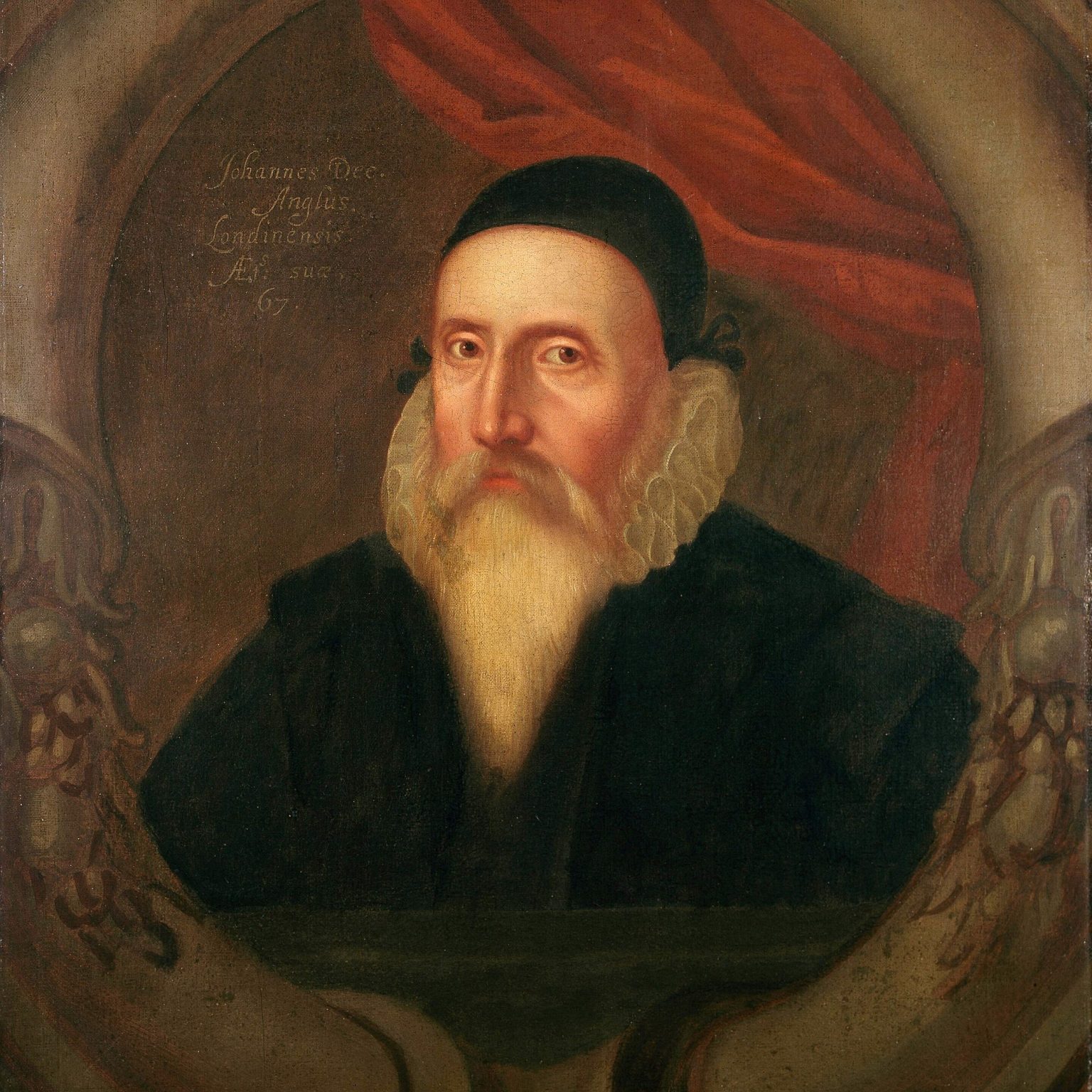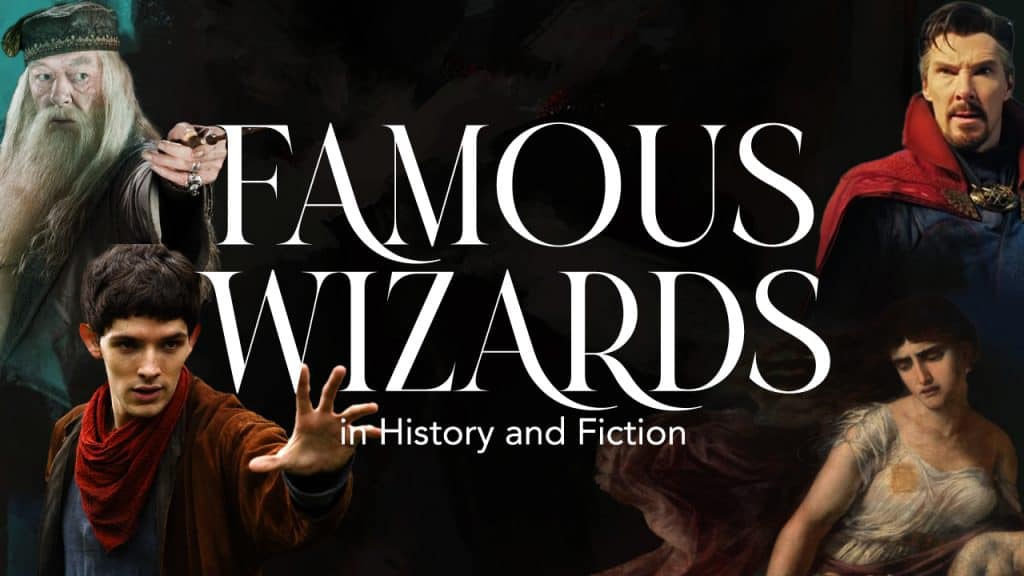When you hear the word "wizard," what comes to mind? Is it a bearded old man in a pointy hat casting spells? Or perhaps it's the mysterious figures from ancient myths and folklore who shaped history with their magical prowess? Well, buckle up, because today we're diving deep into the world of famous historical wizards! These legendary figures aren't just characters in fairy tales; they were real people—or at least inspired by them—who left an indelible mark on history.
Throughout the ages, wizards have been both revered and feared. They were seen as wise sages, alchemists, and even prophets. Some were real historical figures, while others were fictionalized versions of actual people. But one thing is certain—they all played a crucial role in shaping the way we view magic and mysticism today.
So, why should you care about famous historical wizards? Because their stories are more than just tales of magic; they're lessons in resilience, knowledge, and the power of human imagination. Let's explore the enchanting world of these legendary figures and discover what made them so extraordinary!
Table of Contents
- Biography of Famous Wizards
- Merlin: The Wizard Who Shaped Camelot
- Albertus Magnus: The Philosopher Wizard
- Paracelsus: The Alchemist Who Changed Medicine
- John Dee: The Elizabethan Magus
- Nostradamus: The Seer of the Future
- The Influence of Hermeticism on Wizards
- Myth vs Reality: Separating Fact from Fiction
- The Impact of Wizards on Modern Culture
- Conclusion: Why Wizards Matter
Biography of Famous Wizards
Who Were These Wizards?
Before we dive into the specifics, let's take a moment to understand who these wizards really were. Wizards weren't just magicians; they were scholars, philosophers, and sometimes even scientists. They spent years studying ancient texts, experimenting with alchemy, and unraveling the mysteries of the universe. Their lives were a blend of mysticism and intellect, making them some of the most fascinating figures in history.
Take a look at the table below to get a quick overview of some of the most famous historical wizards:
| Name | Time Period | Notable Achievements |
|---|---|---|
| Merlin | 6th Century (Legendary) | Advised King Arthur and helped build Camelot |
| Albertus Magnus | 1206–1280 | Known for his work in theology and natural sciences |
| Paracelsus | 1493–1541 | Pioneer in the field of medicine and alchemy |
| John Dee | 1527–1608 | Advisor to Queen Elizabeth I and expert in occult sciences |
| Nostradamus | 1503–1566 | Famous for his prophecies and predictions |
Merlin: The Wizard Who Shaped Camelot
Let's start with one of the most iconic wizards of all time—Merlin. You've probably heard of him from the legends of King Arthur, but did you know that Merlin might have been based on a real person? According to historians, Merlin could have been inspired by a Celtic bard named Myrddin Wyllt, who lived in the 6th century.
Merlin's story is one of mystery and magic. He was said to have been born of a mortal woman and a demon, giving him extraordinary powers. He became the advisor to King Arthur and played a crucial role in the founding of Camelot. But Merlin's legacy goes beyond his magical abilities; he symbolizes the power of wisdom and foresight.
Why Merlin Matters Today
- His influence on literature and art continues to inspire
- He represents the archetype of the wise mentor
- His story teaches us the importance of using knowledge for good
Albertus Magnus: The Philosopher Wizard
Now let's move on to Albertus Magnus, a real historical figure who lived in the 13th century. Albertus was a Dominican friar, philosopher, and scientist. He was known for his extensive knowledge of natural sciences and his work in alchemy. In fact, he was so knowledgeable that he was often referred to as "The Universal Doctor."
Albertus believed that magic and science were interconnected. He spent years studying the natural world and experimenting with alchemy, trying to uncover the secrets of the universe. His work laid the foundation for modern science and inspired countless others to follow in his footsteps.
Albertus' Contributions to Science
- He wrote extensively on botany, zoology, and mineralogy
- He was one of the first to study the properties of light
- His work in alchemy paved the way for modern chemistry
Paracelsus: The Alchemist Who Changed Medicine
Next up is Paracelsus, a Swiss-German physician and alchemist who lived in the 16th century. Paracelsus is often called the "Father of Toxicology" because of his groundbreaking work in medicine. He rejected traditional medical practices and instead focused on empirical observation and experimentation.
Paracelsus believed that the human body was a microcosm of the universe and that health could be achieved by balancing the body's elements. He introduced the use of chemicals and minerals in medicine, which revolutionized the field. His work laid the foundation for modern medicine and continues to influence doctors and scientists today.
Paracelsus' Legacy
- He challenged the status quo and introduced new ideas
- His work in toxicology and pharmacology remains relevant
- He inspired future generations to think outside the box
John Dee: The Elizabethan Magus
John Dee was a fascinating figure who lived during the reign of Queen Elizabeth I. He was a mathematician, astronomer, and occultist who served as an advisor to the queen. Dee was obsessed with the idea of communicating with angels and spent years trying to unlock the secrets of the universe.
Dee's work in mathematics and navigation was instrumental in the Age of Exploration. He designed maps and charts that helped explorers navigate the seas. But it was his interest in the occult that made him truly unique. Dee believed that magic and science were two sides of the same coin, and he spent his life trying to bridge the gap between them.
John Dee's Impact on History
- He was a key figure in the scientific revolution
- His work in navigation helped shape the modern world
- He inspired future generations to explore the unknown
Nostradamus: The Seer of the Future
Nostradamus is perhaps the most famous prophet in history. Born in 1503, he was a French physician and astrologer who became known for his predictions of future events. His book "Les Prophéties" contains hundreds of quatrains, or four-line poems, that have been interpreted as predictions of everything from the French Revolution to the rise of Adolf Hitler.
While many of Nostradamus' predictions have been dismissed as vague and open to interpretation, his influence on popular culture remains undeniable. His work has inspired countless books, movies, and TV shows, and his name is still synonymous with prophecy and mysticism.
Nostradamus' Mystique
- His predictions continue to fascinate people around the world
- He represents the timeless human desire to know the future
- His legacy proves that mysticism and science can coexist
The Influence of Hermeticism on Wizards
Many of the famous historical wizards we've discussed were influenced by Hermeticism, a philosophical and spiritual tradition based on the teachings of Hermes Trismegistus. Hermeticism emphasizes the unity of all things and the interconnectedness of the universe. It also places a strong emphasis on the pursuit of knowledge and wisdom.
Wizards like Albertus Magnus and John Dee were deeply influenced by Hermeticism. They saw it as a way to bridge the gap between science and mysticism and to unlock the secrets of the universe. Hermeticism continues to influence modern thinkers and mystics, proving that its ideas are timeless.
Myth vs Reality: Separating Fact from Fiction
When it comes to famous historical wizards, it's important to separate fact from fiction. While some of these figures were real people, others were purely fictional. Even the ones who were real often had their stories embellished over time, making it difficult to know what's true and what's not.
For example, Merlin might have been based on a real person, but much of what we know about him comes from later legends and stories. Similarly, Nostradamus' predictions have been interpreted in countless ways, making it hard to know what he really meant.
How to Tell Fact from Fiction
- Look for primary sources and historical records
- Be skeptical of claims that sound too good to be true
- Remember that myths and legends often have a kernel of truth
The Impact of Wizards on Modern Culture
The legacy of famous historical wizards continues to influence modern culture. From books and movies to video games and TV shows, wizards are everywhere. They represent the timeless human desire for knowledge, power, and understanding.
But wizards also teach us important lessons about the world. They remind us of the importance of curiosity, the value of wisdom, and the power of imagination. In a world that often seems chaotic and unpredictable, the stories of these legendary figures offer a sense of order and meaning.
Conclusion: Why Wizards Matter
As we've seen, famous historical wizards are more than just characters in stories; they're symbols of human curiosity and the pursuit of knowledge. Whether they were real people or fictional figures, their stories continue to inspire and fascinate us. They remind us of the power of imagination and the importance of using our knowledge for good.
So, the next time you hear the word "wizard," don't just think of a bearded old man in a pointy hat. Think of the countless figures throughout history who have shaped our understanding of the world. And remember, the true magic lies not in spells and incantations, but in the human spirit and our endless quest for knowledge.
What do you think about these famous historical wizards? Do you have a favorite? Let us know in the comments below, and don't forget to share this article with your friends! Together, we can keep the magic alive.


